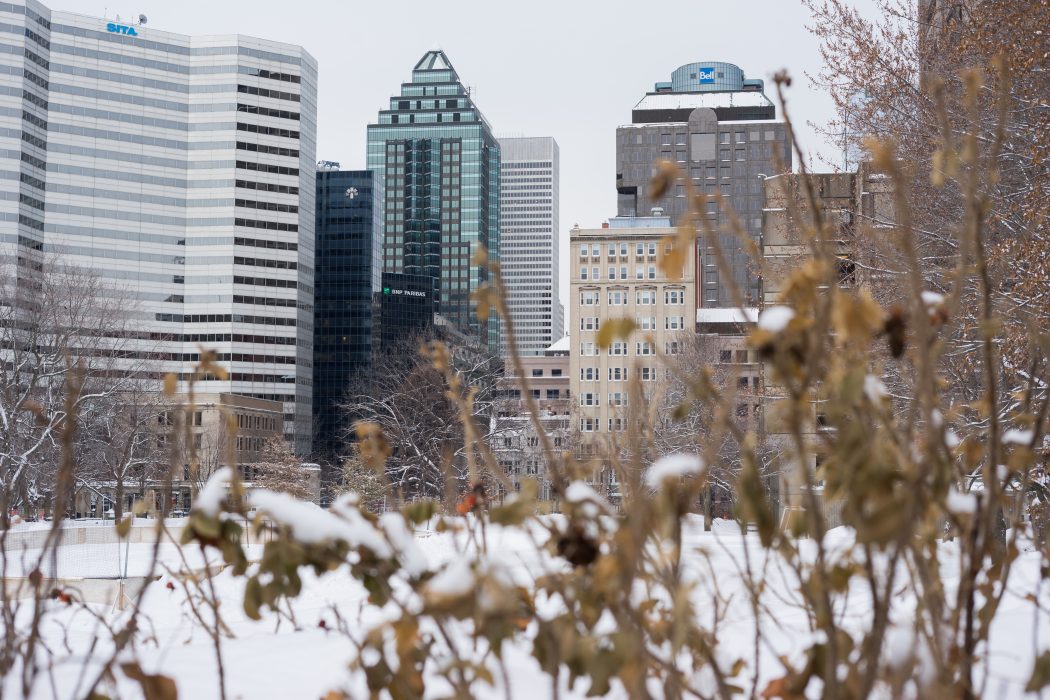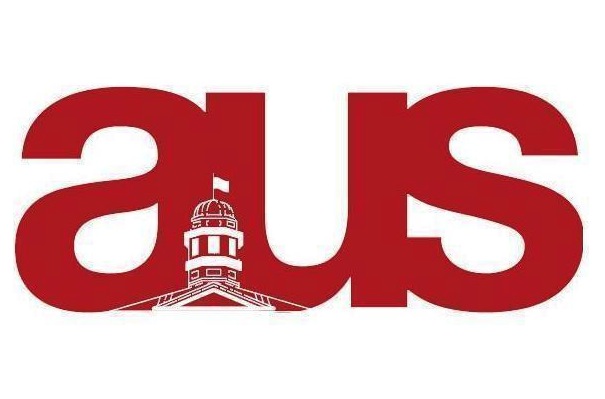On February 14, McGill students, faculty, and community members gathered for Have a Heart Day at Chancellor Day Hall. McGill’s Have a Heart Day is an annual event on Valentine’s Day, held in partnership with the First Nations Child & Family Caring Society of Canada, aimed at promoting reconciliation and reversing discrimination against First Nations children.
The event was centred around a Valentine writing campaign, where participants wrote messages on heart-shaped cards to be mailed directly to Parliament Hill, voicing their support for safe schools, clean water, and better healthcare services for Indigenous children. Have a Heart Day is an event meant to spread awareness of the First Nations Child & Family Caring Society’s ongoing efforts. They are currently working to promote government compliance in their Federal human rights case against a lack of funding for children of Canadian First Nations.
Dr. Cindy Blackstock, Executive Director of the Caring Society and a member of the faculty in McGill’s School of Social Work, explained that Have a Heart Day began as children were attending the hearings for the human rights case. “By 2012, there were so many children coming to the courtroom that we had to book them in in shifts,” said Blackstock. Children waiting outside the courtroom on February 14, 2012 were encouraged to write Valentine cards to their elected officials to ask for fair treatment for First Nations children, and the activity became an annual tradition.
The Caring Society first issued a complaint with the Canadian Human Rights Tribunal (CHRT) in 2007, claiming that the Canadian government was discriminating against Indigenous children by providing less funding for child welfare on reserves. The case spent nine years going through hearings by the Tribunal. In that time, the government of Canada put forth eight motions to try and have the case thrown out. However, in January of 2016 the CHRT officially ruled that the Canadian government racially discriminated against 163,000 First Nations children.
Despite this historic ruling, Blackstock expressed that proper measures have not be taken since to rectify the situation. On February 1, 2018 the CHRT put forth their fifth legal order urging the federal government to abandon a slow, incremental approach. The order stated that the Tribunal “finds the seriousness and emergency of the issue is not grasped with some of Canada’s actions and responses.” Out of an announced $684-million for First Nations children in the 2016 Federal budget, Blackstock claimed that only 20 percent of that money was actually put toward the cause.
Have a Heart Day also showcased another campaign currently underway to ameliorate conditions for First Nations children. Dr. Samir Shaheen-Hussain, a pediatric emergency physician in Montreal, spoke about his involvement with the #aHand2Hold campaign. This project is in place to combat a policy, only in place in Quebec, that prevents parents and guardians from accompanying children in an aircraft during medical evacuations.
Shaheen-Hussain commented that the policy has faced protest for as long as it has been in existence, but no changes have yet to be implemented. “Over the course of the last several decades, all attempts to change this policy have been callously ignored,” he lamented. On February 15, only one day after Have a Heart Day, Quebec Health Minister Gaétan Barrette stated that the policy would be repealed.
In her address, Dr. Cindy Blackstock commented on the importance of the involvement of children in the case and the anti-discrimination movement in general. “Children, in terms of reconciliation, see when things are wrong. They don’t make excuses for it and they don’t normalize discrimination,” she said. “When non-indigenous children came to understand that First Nations children were getting less money for schools, less money for healthcare, and that some didn’t even have a clean drink of water, [they felt that] something was fundamentally wrong and it needed to be dealt with today. They don’t want to grow up in a Canada where racial discrimination is used as fiscal policy.”
The Caring Society encourages members of the community to get involved in the fight for equal rights for Indigenous children with their I am a Witness campaign. The operation primarily encourages continued awareness of the Tribunal case, rather than monetary donations. “Too often we ask for people to join us in our efforts of change but only if they have a wallet filled with money,” Blackstock recognized. “That’s not what we’re asking at all. We’re asking you to take a few moments to write a Valentine, to make sure a child has a hand to hold, and that no First Nations child has to grow up dreaming of being treated equally.”








